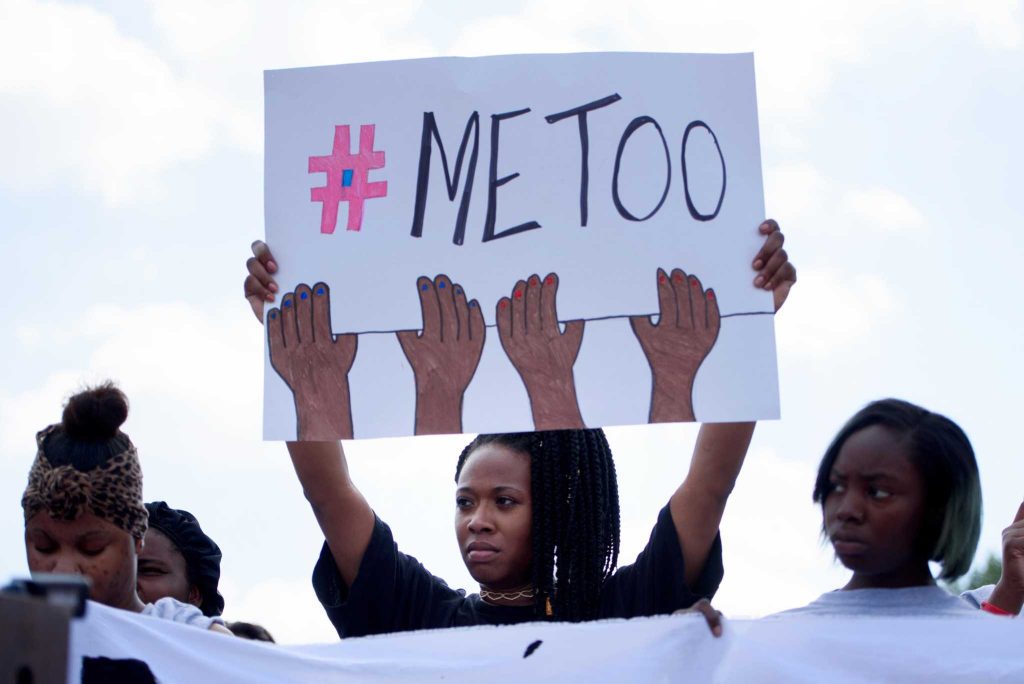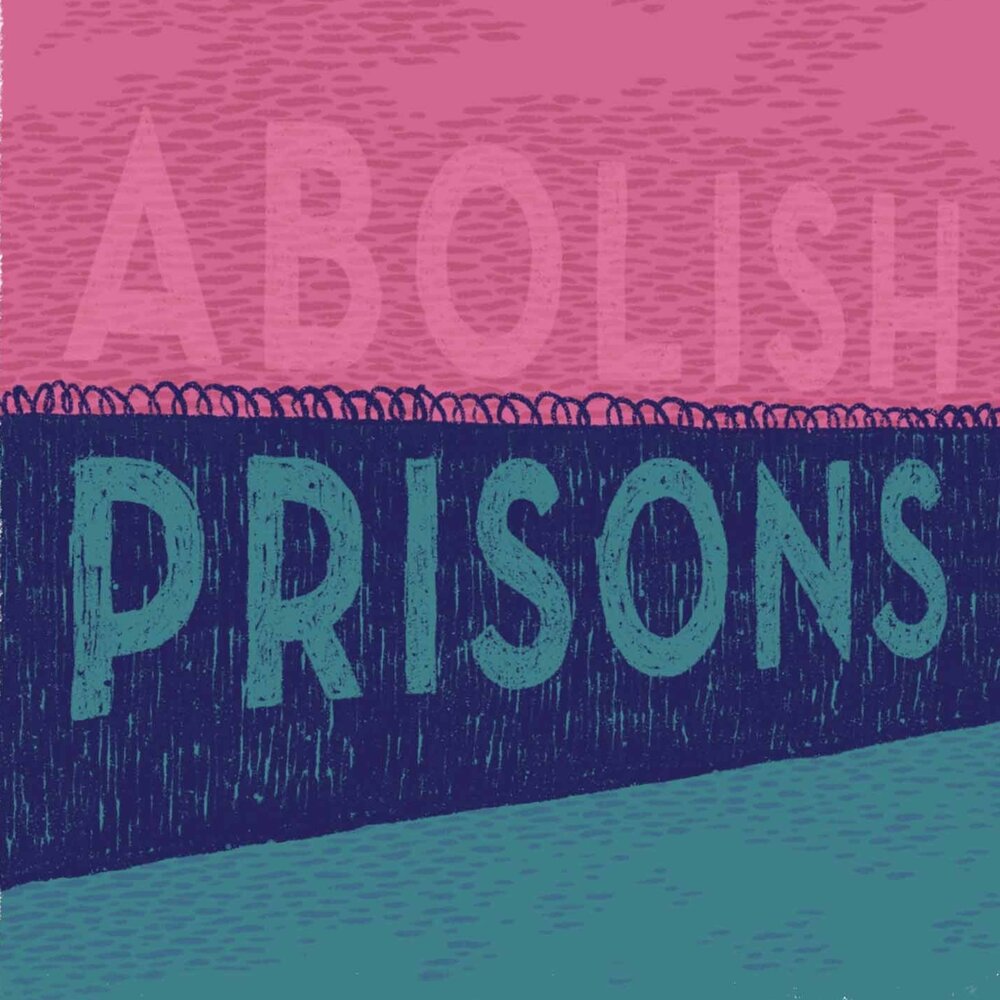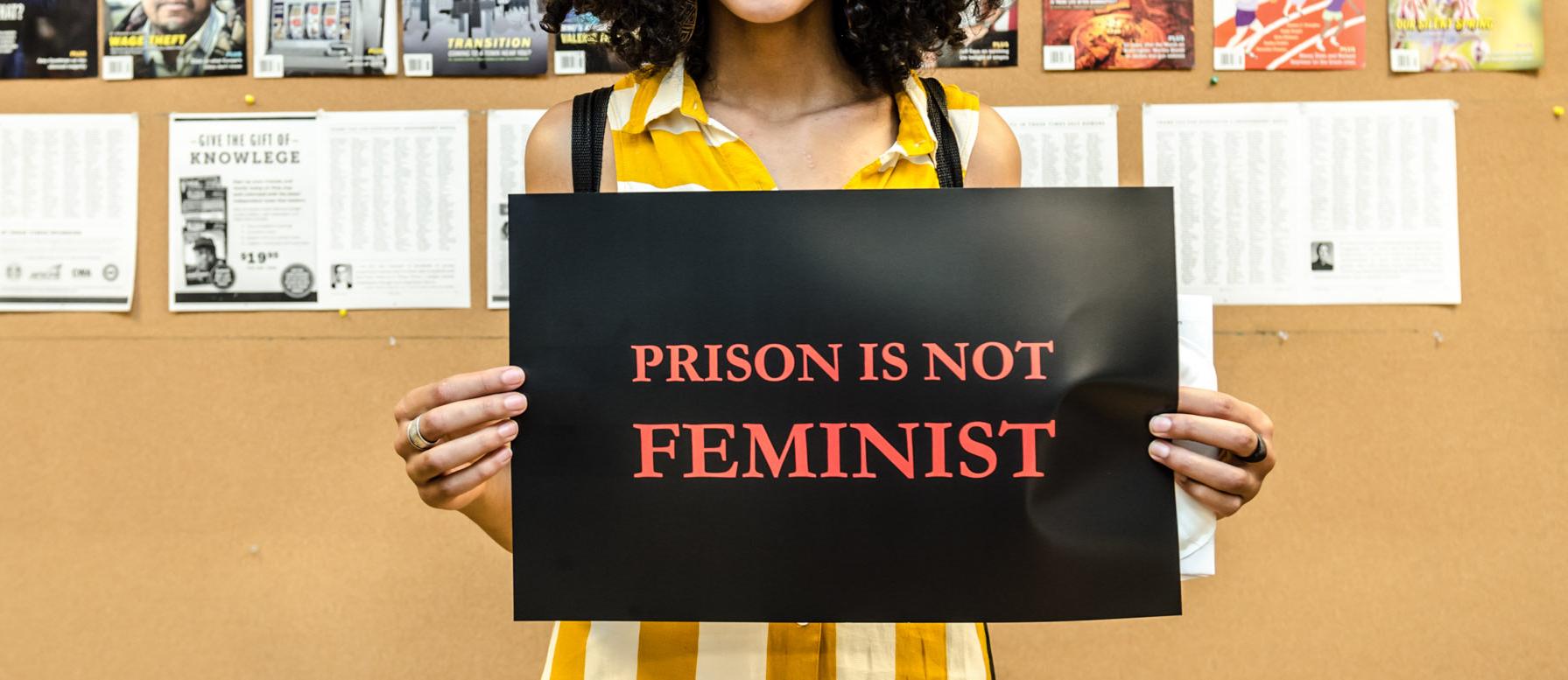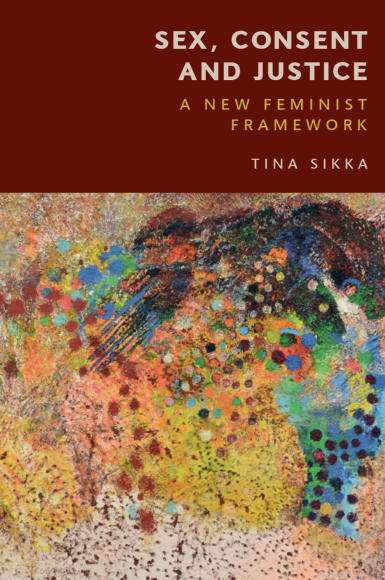
by Tina Sikka
1. Tell us a bit about your book.
The book draws on high profile case studies that emerged out of the #MeToo movement, specifically Harvey Weinstein, Louis CK, Jian Ghomeshi, Avital Ronell, and Aziz Ansari, to make a case for, one, a transformation to the ways in which we think about sexual consent, and two, for the need to challenge (and replace) the overwhelmingly carceral forms of justice that have dominated feminist thought for decades.
In addition to engaging in some historical, legal, and philosophical context settings, I examine media coverage, do some discourse analysis, draw on feminist new materialism, and put forth alternatives in the form of a new definition of sexual relationality and a call for more restorative justice approaches. Ones that are resonant in other social movements (like Black Lives Matter – which many in the #MeToo movement also support).

2. What inspired you to research this area?
It was the subject of consent.
Oddly enough, my research focus is actually in the areas of feminist science studies/sociology of science – specifically as it relates to climate change, health science, gender, and race. I was working on consent as it relates to intergenerational justice vis-à-vis climate change and privacy/consent around genetic data disclosures which drew me to how consent was being taken up in other areas. This search merged with my interest in restorative justice, sexuality studies, and #MeToo. And as soon as I could identify contradictions and aporias I was not able to reconcile and thought were important, it came together.
I like to think of the book, and most of my work, as sites of (relational and gentle) provocation and modes of ‘working through’ tensions that will hopefully resonate with readers.
3.What was the most exciting thing about this project for you?
Apart from finishing it…? Kidding.
It was, and usually is for most of my research, the point at which I could sit down and put what I had abstractly mapped out in my mind down to paper. I really enjoy the process of getting my ideas on paper (well, computer screen, but paper sounds better), adjusting them, refining them, etc. And then getting feedback.
Writing can be a rather solitary process and I did research and write much of this book during the lockdown. Being able to share chapters with friends and colleagues and have discussions over coffee was really enjoyable – even it if was on Zoom.
On a thematic level, I am just really excited to get my proposals and ideas around how to change things out there. I feel really strongly about restorative justice and relational models around sex.
4. Did you discover anything particularly strange or surprising?
Apart from the fact that no one had taken up and written about this particular subject in this specific way…I would say how vast media coverage of each of these cases was and the range of diverse and competing interpretations.
I was also struck by how closely these interpretations or stances had become tied to one’s identity – it was almost parasocial. This is something I did not get a chance to address (specifically as it relates to #MeToo) but wish I could have.
5. Has your research in this area changed the way you see the world today?
Absolutely, most of my work does. In the course of writing this book, I had to challenge some of my own preconceived ideas around consent and gender roles and really push myself to imagine positive alternative futures. I am also trying to find ways to return to more grassroots work as well as build relations with activists and artists who are also grappling with these issues because.

6. What’s next for you?
I am working on an arts-based collaborative grant application that will address issues around consent and restorative justice with some colleagues and have another book around health and feminist science which will be coming out next year.
Interested? Pre-order your copy of the book.
Designs a new feminist framework to move the conversation around sex, consent and justice forward
- Engages with a range of traditional and social media outputs including The Atlantic, The Guardian, The Conversation and Aeon, Twitter hashtags including #MeToo, #TimesUp and Twitter users like @rosemcgowan, @ljeomaOluo and @TaranaBurke
- Analyses case studies of Avital Ronell, Aziz Ansari, Jian Ghomeshi, Harvey Weinstein and Louis CK
- Unpacks two debates: what is permissible and desirable (as opposed to unlawful and unacceptable) sexual behaviour, and what constitutes justice in relation to gender-based sexual violence
- Proposes concrete legislative and policy changes and examines the necessary cultural changes needed to retain a progressive conception of sexual relations and consent
- Looks at sexual assault law in the US and the differences adopted within different state jurisdictions
- Applies law, legal analysis, sociological methods and theories, and feminist praxis to the study of a central contemporary debate
About the author

Dr. Tina Sikka is currently a Lecturer in Media, Culture and Heritage at the University of Newcastle in the UK. Her current research interests include the ways in which gender, race, and culture intersects with science and technology using food and environmental technologies as case studies. She also has expertise in sexuality studies as it relates consent, gender-based violence, and restorative justice and as well as in EDI and decolonial research practices. She has written two books, numerous articles and has taught Communication and other Social Science courses throughout Canada and in the UK.







Well done Tina. Writing a book is a great accomplishment. We all are proude of you. I am sure it’s a beginning and more to come.
Harmesh and Vijay Sidher
Surrey